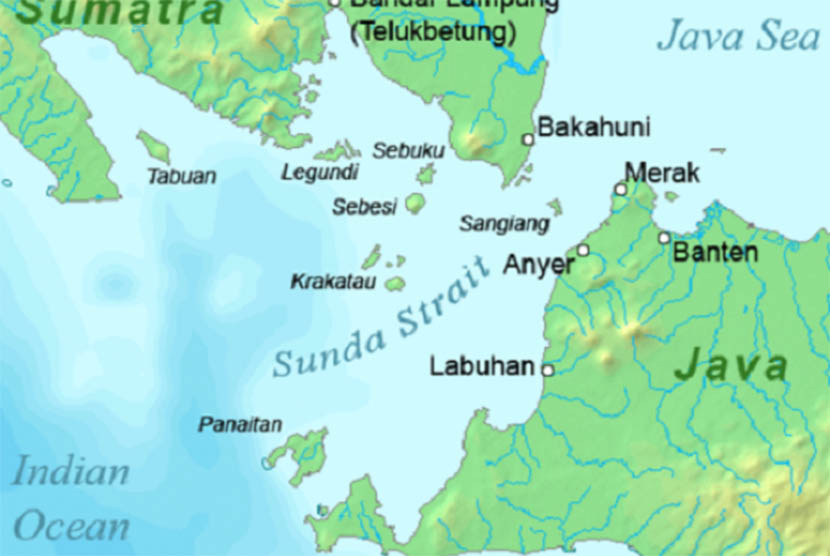REPUBLIKA.CO.ID, JAKARTA - PT Graha Banten Lampung Sejahtera (GBLS), the initiator of the Sunda Strait Bridge (JSS) mega project, will adhere to the decision taken by President Joko Widodo's government.
"Regarding the construction of the bridge to connect the islands of Java and Sumatra, we will always abide by the government's official decision, whatever it is," GBLS President Director Agung R. Prabowo notd on Tuesday evening.
Agung expressed his viewpoint during a meeting with media leaders in connection with a statement issued by Coordinating Minister for Economy Sofyan Djalil and Head of National Development Planning Board (Bappenas) Andrinof Chaniago that the plan to go ahead with the JSS project would likely be shelved.
According to the Bappenas head, President Joko Widodo has yet to include the construction of JSS in his priority program as it was not in accordance with his vision to promote the maritime sector.
Chaniago stated that the Jokowi government concerned that the JSS project would eliminate the maritime identity as Sunda Strait was one of the busiest routes and has strengthened Indonesia's identity as a maritime nation. He noted that the construction of the bridge over Sunda Strait could affect the land and property prices in the areas in proximity to Merak Port in Banten and Bakauheni Port in Lampung.
"The land around Merak and Bakauheni ports would become expensive, and the people there would find it more difficult to have inexpensive and proper housing," Andrinof pointed out.
He noted that instead of going ahead with the JSS project, the government is keen to improve the infrastructure at the Merak and Bakauheni ports and revitalize the marine transportation modes that pass through Sunda Strait.
Chaniago also opined that the crossing activities at Sunda Strait were often hindered by the vastly inadequate quality of the ferries, and therefore, they must be revitalized. He further explained that the construction of JSS was even feared to add economic centralization in Java and Sumatra Island and could lead to an increase in economic inequality between Java and Sumatra and the others regions in East Indonesia.


